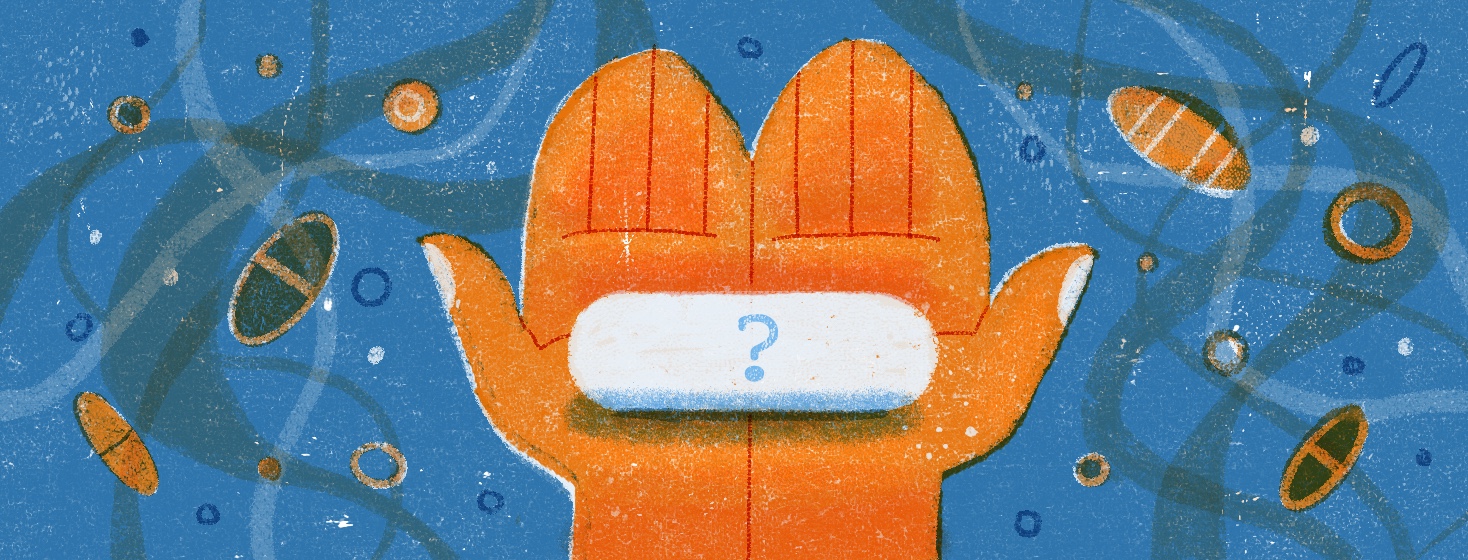What Is Really Involved In Clinical Trials?
Since I was in lung cancer land, what I most often heard is "clinical trials save lives." Indeed, clinical trials are critical and inevitable to have the drugs proved by FDA. Sure clinical trials are essential for our lung cancer patients' survival.
But still, clinical trials are experimental procedures that can fail, hopefully not fatal. No associated possible side effects were mentioned. I can't be convinced with the available information to join the clinical trial. So I decided to look for the patients who had "real" experience in clinical trials.
Basics of clinical trials
Clinical trials consist of three phases. Phase I is designed to find a safe dose and how the treatment should be given. Phase II is to understand how the drug affects the body and how it works for a certain type of cancer. Phase III trial compares the new treatment with the current treatment to see which one is better.1 I noticed that Phases II and III clinical trials are more tolerable and less risky. However, Phase I trials are the most "dramatic" if anything will happen. So I focus on Phase I clinical trials.
Justin Peary's clinical trial experience
Justin was a young Stage 4 ALK lung cancer patient and sadly, seven years after his diagnosis, passed away last year. I've listened to the podcast "Expect good things" several times last year when I first wrote Justin's lung cancer stories, but I didn't focus on the clinical trials at that time.2,3 Justin participated in 7 clinical trials, and he was the first person to be involved in several clinical trials.
The podcast is unique in that Justin was instructed to use a recorder to tape everything related to his 4th clinic trial.2 It detailed the procedure of his clinical trial, initial side effects, and the instructions from the nurse. It repetitively recorded Justin's nerve-racking pressure of being scared because nobody had tried the drug before and he was worried he might be disqualified to continue the clinical trial. Justine consulted his counselor and recorded some of his daily activities. It gave me a real overall picture of what a Phase I clinical trial looks like.
My most shocking part is the enormous mental stress Justin was under. He sought support from his counselor and used antidepressants. He mentioned other physical side effects, but he didn't emphasize it. Justin also said he did not want to let other lung cancer patients down.
Linnea Olson's clinical trial experience
I know Linnea for one year or so. She is also an ALK stage 4 lung cancer patient, and she lives with lung cancer for 14 years and still going. She is a strong-minded lady; especially, she has strong opinions about the clinical trial. Linnea has joined in four clinical trials. I read her blog and paid particular attention to her fourth clinical trial. Here is what she wrote on February 10, 2020, at the beginning of the 4th trial:
"Infusion began around 12:40 pm... However, just about an hour in, my throat began to suddenly hurt... She (the nurse) immediately turned off the Infusion... My neck and back developed a rash and hives and the strange feeling in my throat moved to my palate. It was getting harder to breathe and an oxygen mask was put on and I was given intravenous Benadryl as well as more steroids... And then restless leg syndrome kicked in crazy bad as a result of the Benadryl... Lots of people in the room assessing the situation..."4
After symptoms of hypersensitivity subsided, Linnea had another try, but her side effects came back again. She was given more steroids and decided not to finish dosing. Ten days later, Linnea had the go-ahead to try again.
The above was only at the first infusion. Later Linnea developed depression. She mentioned that with consultation and antidepressant, she had found ways to address her mood disorder. Sore throat linked to the microsites is another unbearable painful side effect with the infusion. Rash was another skin disorder associated with the side effect.
Despite the problematic side effects, as Linnea said in her blog that "her love for life, her adoration for her three children and not letting people down" are her reasons to stay strong and push ahead.
My thoughts about clinical trials
I used to think physical side effects, like pain and severe allergy-like symptoms, were my primary concern about clinical trials, but from Justin's podcast and Linnea's blogs, I realized that mental stress is the main challenge. Probably we can handle the physical pain with pain killers.
I genuinely believe that Justin and Linnea are the strongest persons mentally that I have ever known. Even though they both relied on counseling and antidepressant for support, they still went through a lot of struggling and suffering. I think to have good counseling to support mental health is very important to go through the clinical trials. The Phase I clinical trial is challenging, painful, and it requires some mental strength. I don't think everybody can do it.
Clinical trials do save lives
From Justin and Linnea's experience in Phase I clinical trials, I noticed that their lives are indeed extended. So without a doubt, clinical trials are beneficial for the current patients and the future. Clinical trials do save lives.
So, after serious consideration, I decide to join clinical trials, including the Phase 1 clinical trial.

Join the conversation